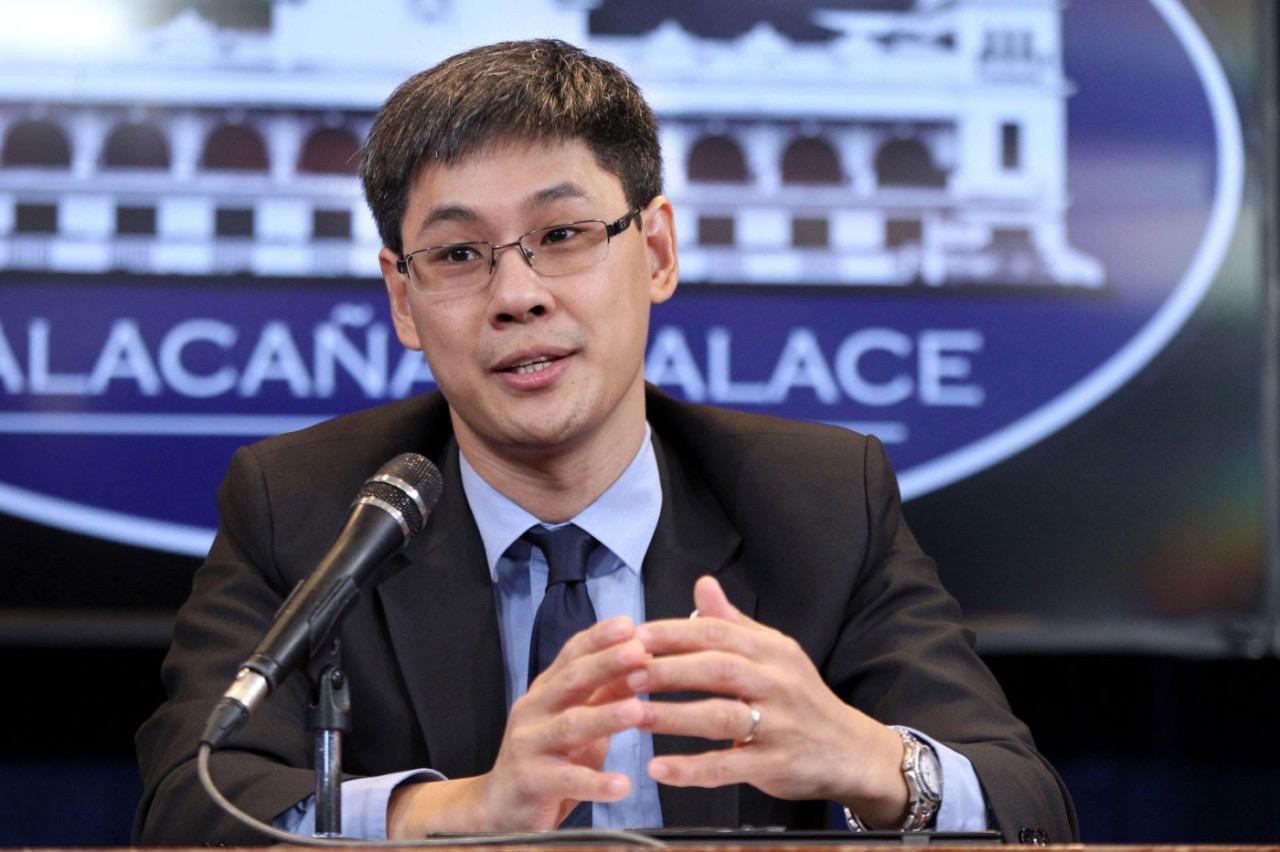NEDA offers use of nat’l ID for COVID-19 vaccine distribution

The Philippine Identification System (PhilSys) or national ID can be potentially used by the government for a more targeted distribution of COVID-19 vaccine to priority groups, the National Economic and Development Authority (NEDA) said Wednesday.
“There’s a task force for the vaccine. The role of NEDA there, we are a member there. I actually offered to the task force, that Secretary (Carlito) Galvez is heading, the possibility of using the National ID as one of the basis for the distribution [of the vaccine],” Acting Socioeconomic Planning Secretary Karl Kendrick Chua said during the virtual Kapihan sa Manila Bay forum.
“The vaccine is really a health response and NEDA is not a health expert or vaccine expert but because of the National ID we can help in that aspect,” Chua said.
Nearly 25 million Filipinos composed of frontline health workers, the poor and uniformed personnel will be among the first to receive the COVID-19 vaccine as the country eyes to begin its mass immunization program within the first half of 2021.
National Task Force against COVID-19 chief implementer and vaccine czar Carlito Galvez Jr. earlier said that the government is targeting to inoculate 60% to 70% of the population, which be sufficient to create herd immunity.
The national ID, on the other hand, is prioritizing the registration of nine million low-income household heads from 32 priority provinces.
The select provinces include Ilocos Sur, La Union, Pangasinan, Cagayan, Isabela, Bataan, Bulacan, Nueva Ecija, Pampanga, Tarlac, Zambales, Batangas, Cavite, Laguna, Quezon, Rizal, Albay, Camarines Sur, Masbate, Antique, Capiz, Iloilo, Negros Occidental, Bohol, Cebu, Negros Oriental, Davao de Oro, Davao del Norte, Davao del Sur, Davao Occidental, Leyte, and Tawi-tawi.
“As of December 11, we have already registered 8.7 million for Step 1. We are hoping by the end of the year we will exceed 10 million,” Chua said.
The Step 1 of PhilSys registration involves the house-to-house collection of the demographic information of low-income household heads in the priority provinces.
“Step 2, we will begin in January... Step 3, starting Feb they will get their national ID,” the NEDA chief said.
The Philippine Statistics Authority is set to begin Step 2 of PhilSys registration, which will involve the capture of biometric information, such as fingerprints and iris scans and a front-facing photograph at registration centers, once the required systems are fully functional and secure.
Among the major preparatory activities for Step 2 is the deployment of more than 4,000 registration kits to the target provinces.
The Step 3 will involve the issuance of the PhilSys Number (PSN) and the physical ID (PhilID).
“How is it helpful for COVID? We realized that of the 8.7 million that we registered for Step 1, 89% do not have bank accounts because they have no IDs or other requirements,” Chua said.
The NEDA chief said the government is planning to have Land Bank of the Philippines collocate in biometrics registration centers so that bank account opening process can coincide with the national ID data collection procedure.
Chua said the government is eyeing to make all 18 million or 20 million unbanked low-income Filipinos have bank accounts by the end of next year.
In the proposed budget for next year, around P2.5 billion is allocated for the Department of Health for its purchase of COVID-19 vaccines.
Meanwhile, another P70 billion is earmarked under unprogrammed appropriations, which can only be tapped depending on the availability of funds.—AOL, GMA News



